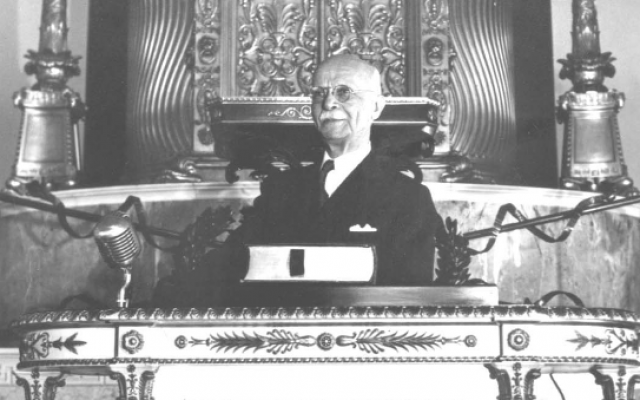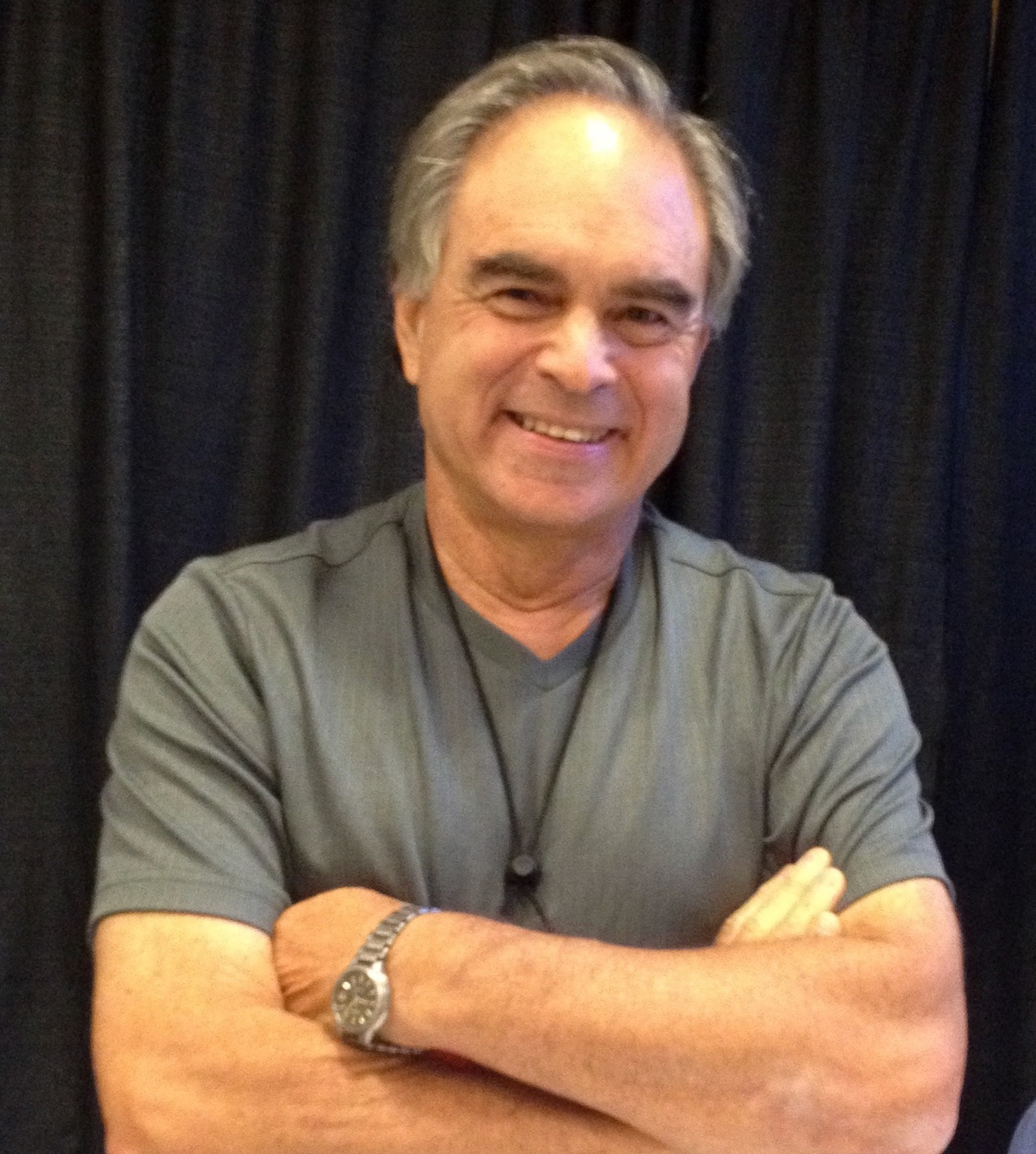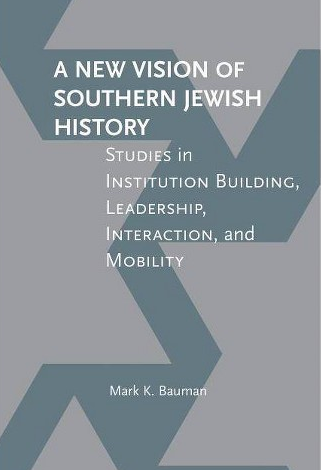How Rabbi Marx and The Temple Helped Shape Atlanta
Mark Bauman influenced a new generation of students who saw Southern Jewish history, and now he has a new book, "A New Vision of Southern Jewish History."

For more than 40 years, Mark Bauman helped pioneer the serious study of Jewish life in the South. As a professor of history at Atlanta Metropolitan College and as editor of Southern Jewish History, a scholarly journal, he influenced a new generation of students who saw Southern Jewish history as part of the grand continuum of American Jewish history.
Life in Atlanta and other Southern Jewish communities, he maintains, was not unlike that of cities elsewhere in the country like Cleveland, Pittsburgh and Denver. After his retirement 17 years ago, he remained active as a historian. This week he will be attending the annual meeting of the Southern Jewish Historical Society in Charlottesville, Va.
Some of Bauman’s best scholarly papers were published earlier this summer in “A New Vision of Southern Jewish History.” Included in the book is a lengthy study of the legacy of Rabbi David Marx, who came to The Temple in Atlanta in 1896 at the age of 23 and remained there until his retirement in 1946.
Recently, we discussed Rabbi Marx’s profound influence on Atlanta Jewish history.
AJT: Who was Rabbi David Marx?

Bauman: Rabbi Marx represented a generation of Hebrew Union College graduates in the late 19th century that were very much immersed in the 1886 Pittsburgh Platform’s ideal of classical Reform Judaism. He was against the use of Hebrew in worship. He was against the establishment of the state of Israel. He was against the singing of “Hatikvah” in The Temple. But he was also very concerned with social justice and rights for African Americans.
After the Atlanta Race Riots of 1906, he was involved in an interracial committee established by the city. He also got deeply involved in what becomes the Southern Regional Council, which was a regional organization, also, in terms of black rights.
AJT: He worked with other Jews of his time as well, didn’t he?
Bauman: You can see his commitment to civil rights in his interaction with Edward Kahn, the head of the [Atlanta Jewish] Federation for decades, beginning in 1928 and also with several members of The Temple: Rebecca “Reb” Gershon and Josephine Joel Hyman and Be Haas.
These people are actually deeply involved in the Urban League that worked for the rights of African Americans going back to the 1920s and 1930s. These Jews opposed lynching in the 1920s and 30s. He was also deeply involved with the most important social welfare worker in Georgia who was Jewish, Rhoda Kaufman. She also worked on behalf of African American rights.
When he was active in the first decades of the 20th [century], clearly there was segregation. But he was trying to help make African Americans, who were separate but equal, more equal than they were. I don’t know how better to put it. He was trying to give a certain amount of economic opportunity and social services to African Americans.
That was carried forward by his successors, Rabbi Jacob Rothschild, Rabbi Alvin Sugarman and today, Rabbi Peter Berg.
AJT: What is Rabbi Marx’s important legacy?
Bauman: Later rabbis might have looked down upon him to some extent, especially because of his virulent anti-Zionism, but in terms of social justice, there is that legacy of working for civil rights and it’s important.

I’ve done two different books on rabbis and civil rights. And what you see is that the ones that were active in the 1940s and ’50s benefited from rabbis that preceded them in the 1910s, ’20s and ’30s, like Rabbi David Marx, who essentially established the path for them. This is one of Marx’s legacies.
AJT: And how does the role of The Temple fit into the Jewish community today?
Bauman: I think what you see is a dramatic transformation. You know, The Temple was the only synagogue in the city until 1887. Even after that, for another 50 years or more, until after World War II, The Temple was the synagogue whose leadership was very, very dominant.
Now, I think you can’t keep count of how many congregations we have and a variety of different congregations and different types for worship. Today we’ve got so many different Jewish institutions and Jewish causes, but The Temple is still a dominant voice in the life of the community and in the Jewish community’s relationship with others.
You know, it’s a far cry from the first Federation that was organized in 1905 that unified nine separate institutions and then was revised for 12 separate institutions. I don’t know how many Jewish institutions you have in Atlanta now. What that means is a tremendous opportunity for people to experience and express their Jewish identity in many, many different ways. And it’s a transformation of leadership patterns.



comments